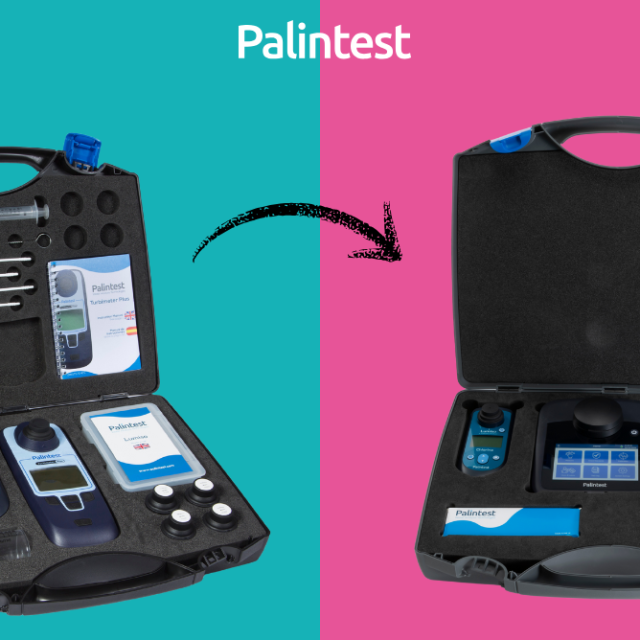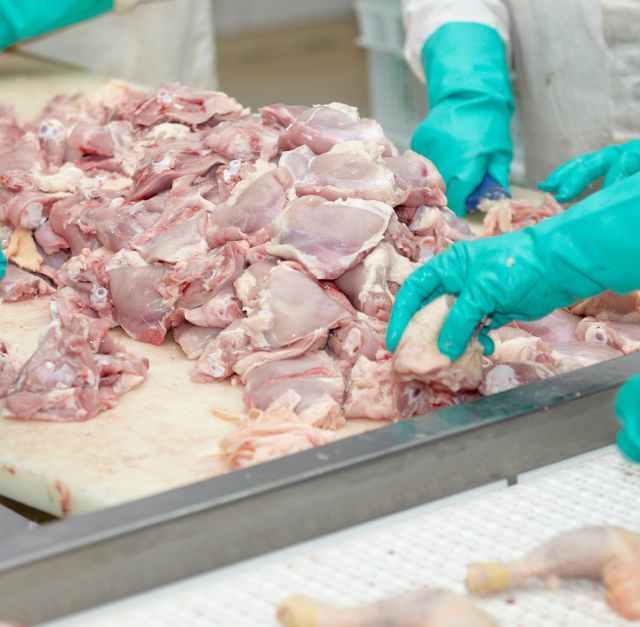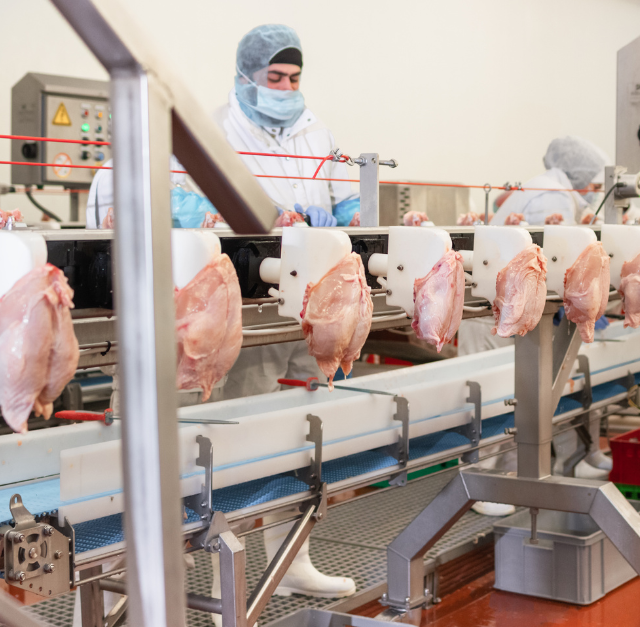
The Risks Posed by Coliforms in Humanitarian Water
In humanitarian crises, ensuring the safety of water is crucial. Coliforms, particularly fecal coliforms like E. coli, are a common concern in such scenarios. These bacteria indicate potential contamination and the presence of harmful pathogens.
Indicator of Water Quality
Coliforms are used as an indicator of sanitary quality in water. Their presence can signify contamination from fecal matter, indicating a high likelihood of disease-causing organisms in the water.
Health Implications of Coliform Presence
Waterborne diseases, such as cholera, dysentery, and typhoid fever, are often linked to coliform-contaminated water. These illnesses are particularly severe in humanitarian settings where healthcare resources are limited, and people are more vulnerable due to stress, malnutrition, and overcrowding.
Impact on Vulnerable Populations
Children, the elderly, and those with compromised immune systems are especially at risk in humanitarian crises. For these groups, even minor contamination can lead to serious health complications.
Challenges of Water Treatment in Crises
In emergency situations, treating water to remove coliforms and other contaminants can be challenging. Infrastructure damage, resource limitations, and logistical constraints often hinder the ability to effectively treat and distribute safe water.
Monitoring and Mitigation Efforts
Regular testing for coliforms is essential for identifying contaminated sources. Mitigation efforts, such as boiling water, chlorination, or using filtration systems, become crucial in preventing waterborne diseases.
Education and Awareness
Raising awareness about the importance of drinking safe water and maintaining hygiene practices is vital. Education on recognising the signs of waterborne illnesses can also aid in early treatment and prevention of outbreaks.
Significant Health Risks
In humanitarian settings, coliform bacteria in water pose significant health risks. Regular monitoring, effective treatment, and community education are key to mitigating these risks and ensuring the safety and well-being of affected populations.




